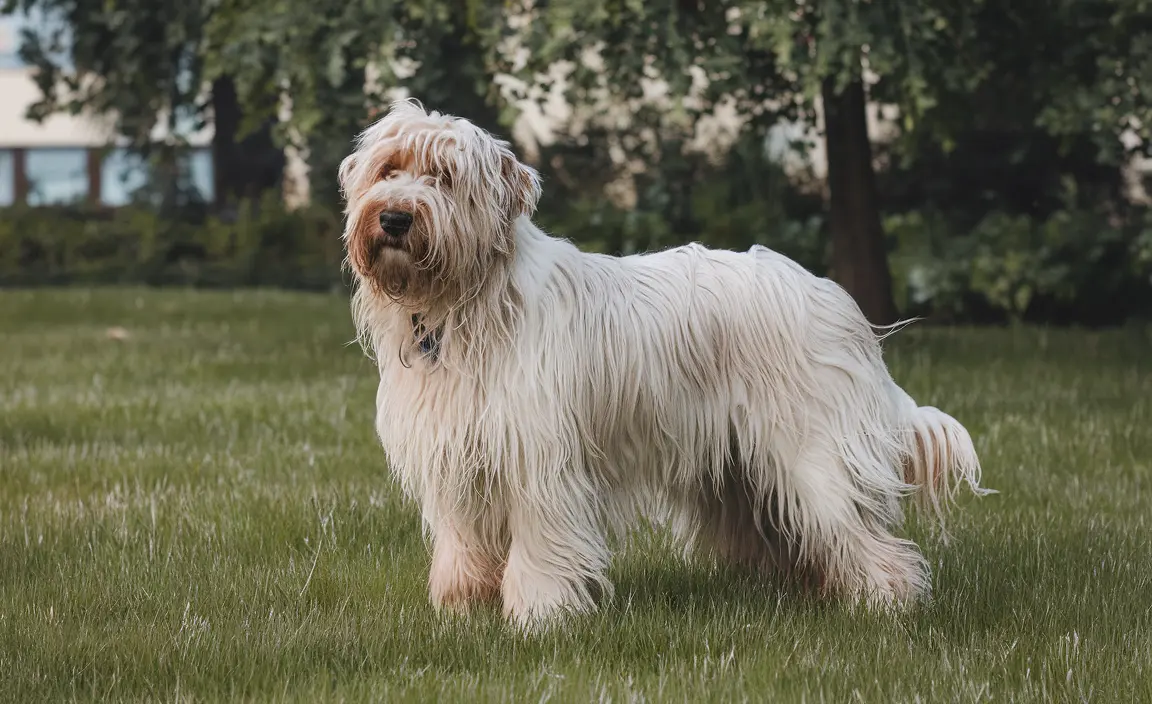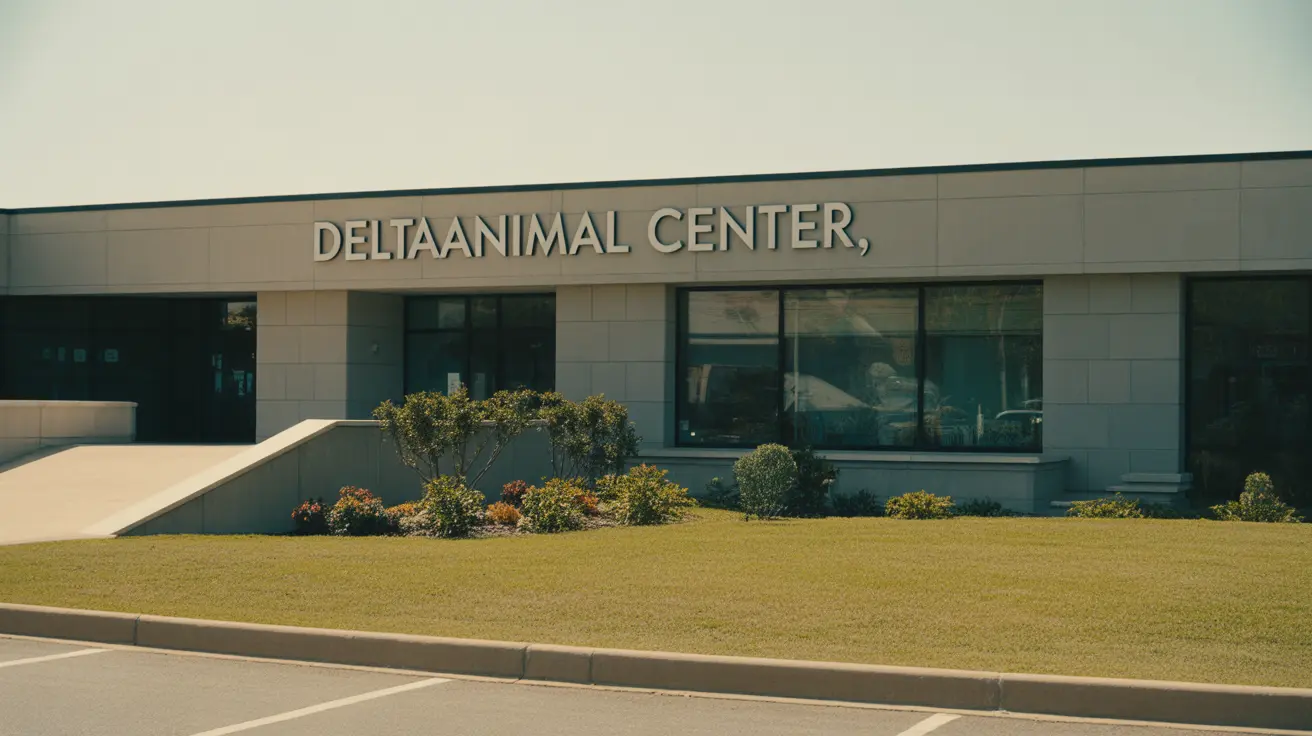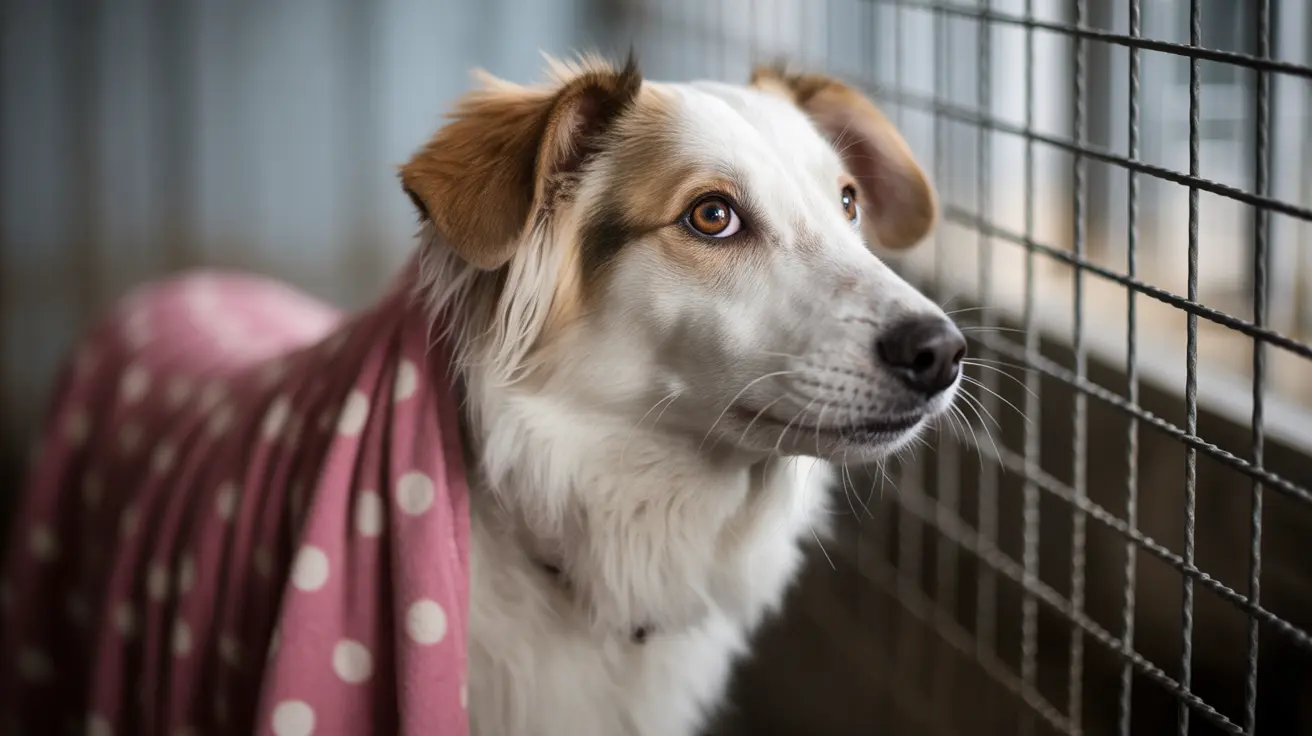In the world of unique dog breeds, few can match the distinctive appearance and remarkable history of the Komondor dog. With their iconic mop-like coat and legendary guardian instincts, these Hungarian working dogs have captured the imagination of dog enthusiasts worldwide. This comprehensive guide will explore everything you need to know about this extraordinary breed.
Originally bred to protect livestock in the harsh Hungarian plains, Komondors are more than just a pretty face – they're living embodiments of strength, loyalty, and protective intelligence. Whether you're a potential owner or simply curious about this remarkable breed, prepare to be fascinated by the Komondor's extraordinary characteristics.
Understanding the Komondor Dog's Unique Physical Characteristics
The Komondor is truly a breed like no other, immediately recognizable by its remarkable white, corded coat that resembles a walking mop. These large dogs are impressively built, with males standing at least 27.5 inches tall and weighing between 80 to 120 pounds. Their distinctive coat isn't just for show – it serves a critical protective function developed over centuries of livestock guarding.
The Remarkable Corded Coat
A Komondor's coat is a marvel of natural engineering. When they're puppies, their fur is soft and fluffy, but around 8 to 10 months, it begins to mat and form the iconic cords. These natural "dreadlocks" aren't just aesthetically unique – they provide crucial protection against predators and harsh weather conditions, allowing the dog to blend seamlessly with sheep flocks.
Temperament and Guardian Instincts
Beyond their striking appearance, Komondors are renowned for their extraordinary temperament. They are simultaneously gentle with their family and fiercely protective of their loved ones. Their independent nature and keen intelligence make them exceptional guardians who can make split-second decisions to protect their "flock".
The Protective Personality
While incredibly loyal and affectionate with family members, Komondors are naturally wary of strangers. This isn't aggression, but a deeply ingrained protective instinct that makes them exceptional guardian dogs. They form incredibly strong bonds with their immediate family and will go to extraordinary lengths to ensure their safety.
Training and Socialization: A Crucial Investment
Komondors are not recommended for first-time dog owners. Their size, independent nature, and strong protective instincts require an experienced hand. Early and consistent training is absolutely essential to channel their natural abilities positively.
Key Training Considerations
- Begin socialization early to prevent over-protectiveness
- Use positive reinforcement techniques
- Provide plenty of mental and physical stimulation
- Establish clear leadership and consistent boundaries
Living with a Komondor: Practical Considerations
These dogs are not suited to small apartments or urban environments. They thrive in spacious settings like farms or large properties where they can roam and fulfill their natural guarding instincts. A secure, large yard is minimum requirement for a happy, healthy Komondor.
Exercise and Care Needs
Despite their large size, Komondors are surprisingly agile. They require regular exercise to maintain their muscular build and mental well-being. Their unique coat also demands specialized grooming to prevent matting and maintain hygiene.
Frequently Asked Questions
What makes the Komondor's corded coat unique, and how should I properly care for it?
The Komondor's coat naturally forms cords that protect them from predators and harsh weather. Proper care involves regular separation of cords to prevent excessive matting and occasional deep cleaning.
How can I effectively train and socialize a Komondor to manage their natural guarding instincts?
Start socialization early, expose them to various people and situations, use positive reinforcement, and establish yourself as a confident, consistent leader.
Is a Komondor suitable for apartment living, or do they require a large yard or farm environment?
Komondors are not suitable for apartment living. They require large, secure spaces and are best suited to farms or properties with extensive outdoor areas.
What health and exercise needs does a Komondor have to stay happy and healthy?
They need regular exercise, mental stimulation, and a balanced diet. Typical life expectancy is 10-12 years, and they generally remain robust with proper care.
How does the Komondor's temperament affect its behavior around strangers and other pets?
Komondors are naturally protective and wary of strangers. With proper socialization, they can be good with family pets but may be territorial with unfamiliar animals.






